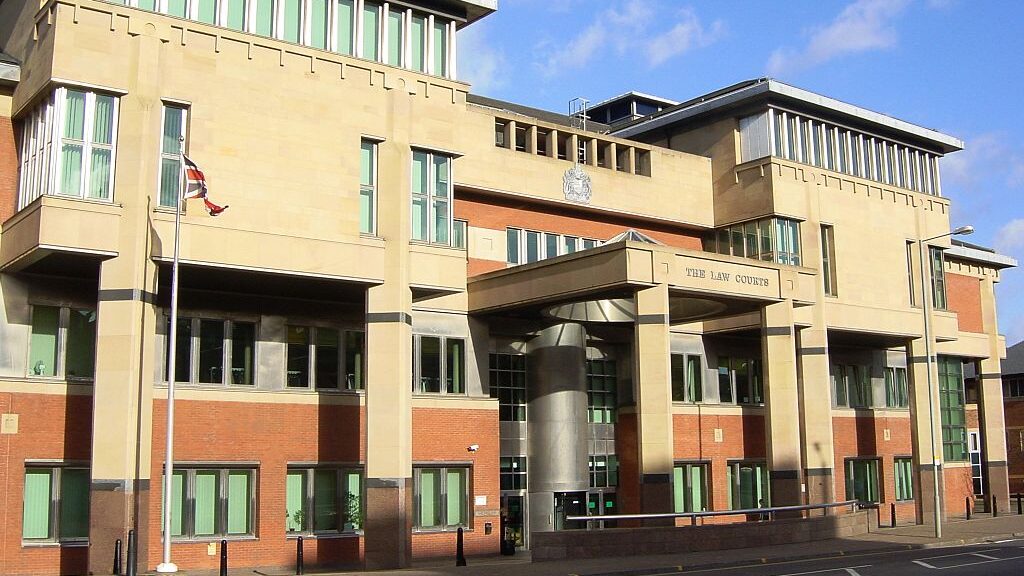
Sheffield Law Courts
Photo: Bencherlite, CC BY-SA 4.0, via Wikimedia Commons
A survivor of a rape gang was prevented in court from calling for two of her abusers to be deported. Seven men from predominantly Pakistani backgrounds in Rotherham were convicted of offences committed between April 2003 and April 2008.
As the case in South Yorkshire was concluding, the unnamed woman read out her ‘victim impact statement,’ legal paperwork intended not as evidence but to assist the judge in sentencing. GB News, the sole UK national broadcaster to cover the trial, saw an unredacted version of the document which had a key section removed from her closing remarks—under official duress.
Social commentator Matt Goodwin called the decision “outrageous.” Other media seemed more preoccupied with the fall of one of their own, BBC broadcaster Huw Edwards, convicted of ‘making’ (i.e. sharing) child abuse images.
Groomed from the age of 11, the woman faced her seven abusers in court as they were sentenced to a total of 106 years imprisonment. Two of them were singled out for specific attention in the original version of the victim statement:
I’d like to request that after sentencing and upon Rudy [Mohammed Amar, 42] and Showabe [Mohammed Siyab, 49]’s release, that they should be deported back to Pakistan as this is where they originated from and came here to exploit children. Thank you.
This recommendation was removed under the orders of a judge. Barrister Matthew Bean, acting for the Crown Prosecution Service, said of the two abusers “whether they remain in this country or not” is up to the Home Office, and that “the decision should happen” regardless of what “the victim should say one way or another.” A Home Office spokesperson later added, “It would be inappropriate to comment on ongoing legal proceedings.”
Under the UK Borders Act 2007, a deportation order must be made where a foreign national has been convicted of an offence and received a custodial sentence of 12 months or more.
Amar was convicted of two counts of indecent assault and sentenced to 14 years imprisonment, 2 years on extended licence. Siyab was convicted of two counts of rape, one count of sexual intercourse with a girl under 13, and one count of trafficking. He was sentenced to 25 years imprisonment, 12 months on licence. Along with their five accomplices from similar backgrounds, they committed child sexual abuse and exploitation in South Yorkshire between 1997 and 2013, targeting girls who were often supposedly under the protection of the municipal care system, including two victims aged just 11 and 15.
Following Operation Stovewood, the sentencing at Sheffield Crown Court brings to an end another investigation into ‘grooming gangs’-related offences, which are increasingly recognised—often decades too late—as a widespread criminal activity, not least in northern English towns and cities.
In the past, local and national governments have come under fire for their secrecy and obstruction around the backgrounds of the abusers. While the authorities have claimed to be protecting good community relations, the grooming gangs issue itself continues to turn increasingly toxic.
The sheer volume of cases, typified by the intimidation of whistleblowers, defensive allegations of racism, disdain for working-class girls and young women, Rochdale, Telford, and successful litigation by victims (including against Rotherham itself), all point to a huge problem and a litany of failed public institutions.
